Link Excel Sheets Easily: A Comprehensive Guide

Have you ever struggled with the tedious task of consolidating data from various Excel sheets? Whether for business reporting, data analysis, or simply organizing your personal projects, linking Excel sheets can streamline your workflows and save you countless hours. In this comprehensive guide, we'll explore how to link Excel sheets effortlessly, discuss various methods, and provide tips to enhance your productivity with Microsoft Excel.
Understanding Linked Excel Sheets
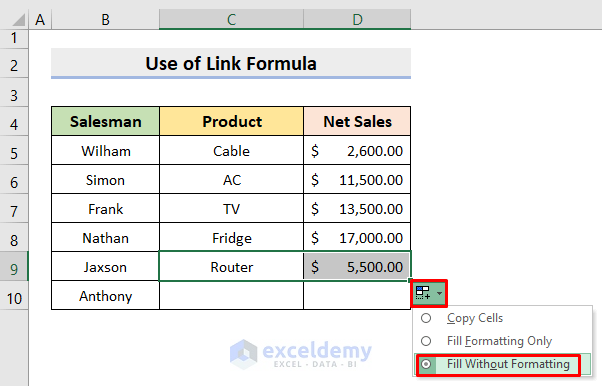
Linking Excel sheets involves creating a dynamic connection between different spreadsheets where data changes in one sheet automatically reflect in another. This not only ensures data consistency but also reduces the risk of errors from manual data entry. Here's why linking sheets can be beneficial:
- Data Integrity: Updates in source data automatically update linked data.
- Efficiency: Reduces the need to copy and paste data manually, saving time.
- Scalability: Easier to manage and analyze large datasets from multiple sources.
Methods to Link Excel Sheets

1. Using External References

The most common way to link data is through external references, which is creating a link between different workbooks or sheets within the same workbook:
- Within the Same Workbook:
- Select the cell where you want to display the linked data.
- Type = and navigate to the desired sheet.
- Click on the cell you want to link to.
- Between Different Workbooks:
- Open the destination workbook.
- Enter =‘[filename]sheetname’!celladdress, replacing with your file details.
2. Using Hyperlinks

Hyperlinks can navigate directly to another part of the same workbook or a completely different file:
- Right-click on a cell, choose “Hyperlink”.
- Link to a location in this document or an existing file.
3. Data Consolidation
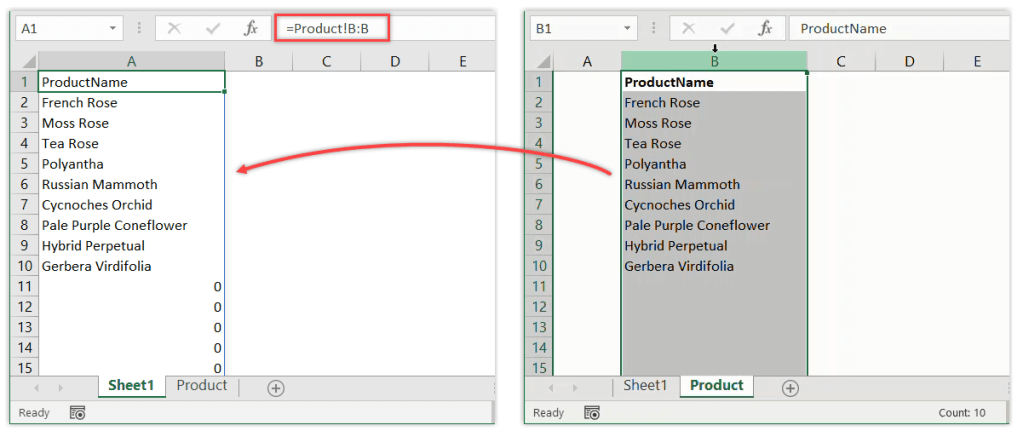
For summarizing and aggregating data from multiple sheets:
- Navigate to Data > Consolidate.
- Choose the function (e.g., Sum) and select your data ranges from different sheets.
🔍 Note: When using hyperlinks, ensure your file paths remain consistent, otherwise, you'll encounter broken links.
4. Excel Tables

Using structured references with Excel tables can simplify data management:
- Convert your data into a table (Ctrl + T).
- Link data using structured references like =Table1[Column1]
5. Power Query for Advanced Users

Power Query (Get & Transform in newer versions) allows for dynamic data linking, especially useful for large datasets:
- Access from Data > Get Data > From File > From Workbook.
- Load and transform data as needed before importing into Excel.
Common Challenges and Solutions
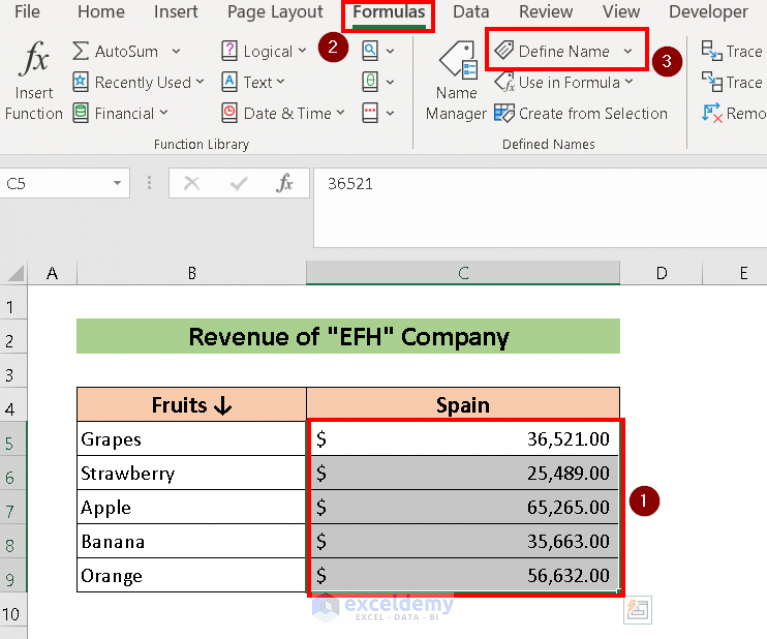
Linking Excel sheets can present some challenges. Here are solutions to common issues:
1. Broken Links
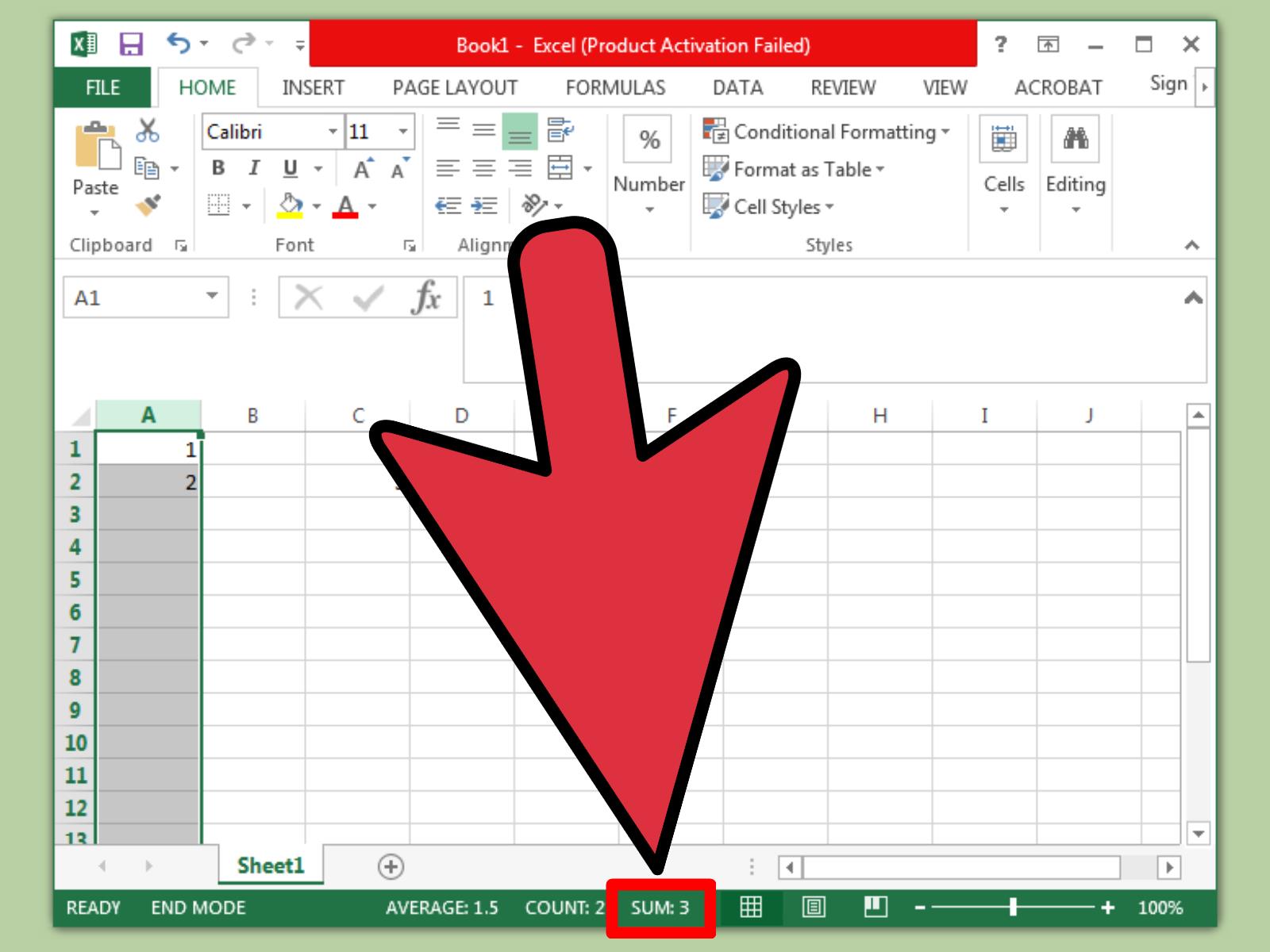
- Re-establish links via the Edit Links tool under Data > Connections > Edit Links.
2. Circular References

- Use the Error Checking feature or trace dependents to identify and resolve circular dependencies.
3. Maintaining Sheet Structure

- Ensure cell references are correct when copying sheets or renaming files.
⚠️ Note: When linking between workbooks, Excel might prompt to enable automatic updates. Enabling this feature ensures real-time data syncing.
Best Practices for Linking Excel Sheets
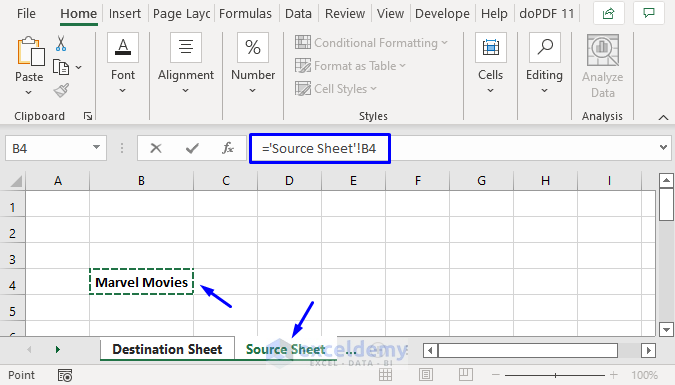
To maximize the effectiveness of linking Excel sheets:
- Use Absolute References: For links within the same workbook, to avoid errors when rows or columns are added/removed.
- Backup: Always backup your workbooks before linking to prevent data loss.
- Naming Convention: Adopt a consistent naming for sheets and files to minimize confusion and errors.
- Documentation: Keep a note of all links established, particularly external ones, to manage them effectively.
- Performance: For large datasets, use Excel’s 64-bit version to handle more data efficiently.
Linking Excel sheets can revolutionize how you work with data, making your reports, analyses, and personal projects more dynamic and accurate. By following this guide, you're equipped with the knowledge to handle basic to advanced linking techniques, troubleshoot common issues, and ensure your spreadsheets work smarter not harder. Remember, the key to mastering Excel linking lies in understanding these techniques and applying them appropriately to your specific data requirements.
Can you link two different Excel workbooks?

+
Yes, you can link Excel workbooks. Use the ‘=WORKBOOKNAME’![CELL ADDRESS]’ syntax to create a dynamic link where updates in the source workbook will reflect in the destination workbook.
How do you update linked data automatically?

+
To update data automatically, ensure you’ve enabled automatic updates when prompted by Excel. This can be found under Data > Connections > Edit Links.
What should I do if I encounter errors in linked data?
+Check if the link’s file path or name has changed. Use the Edit Links tool to manually update the source of the link or to troubleshoot errors like circular references.